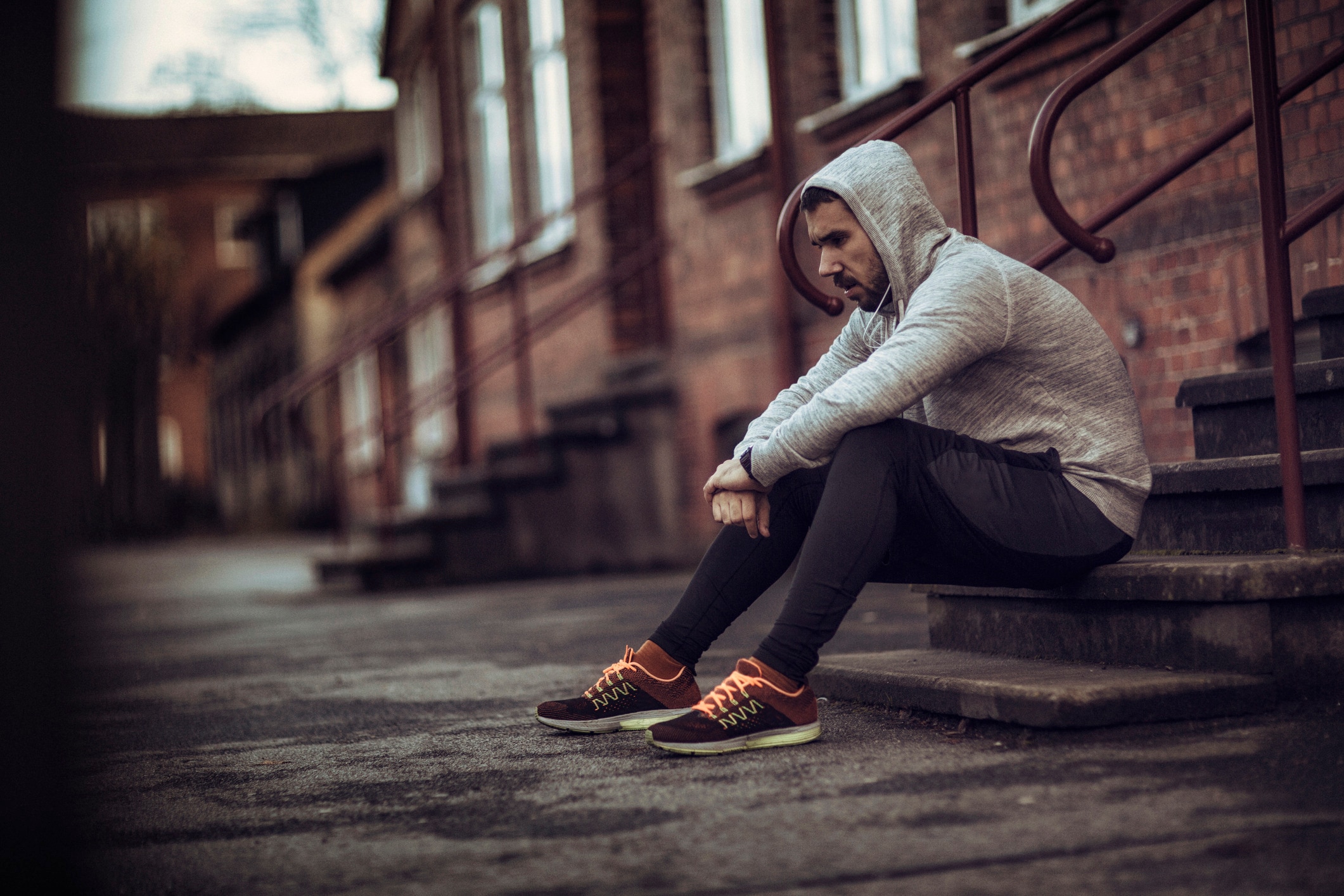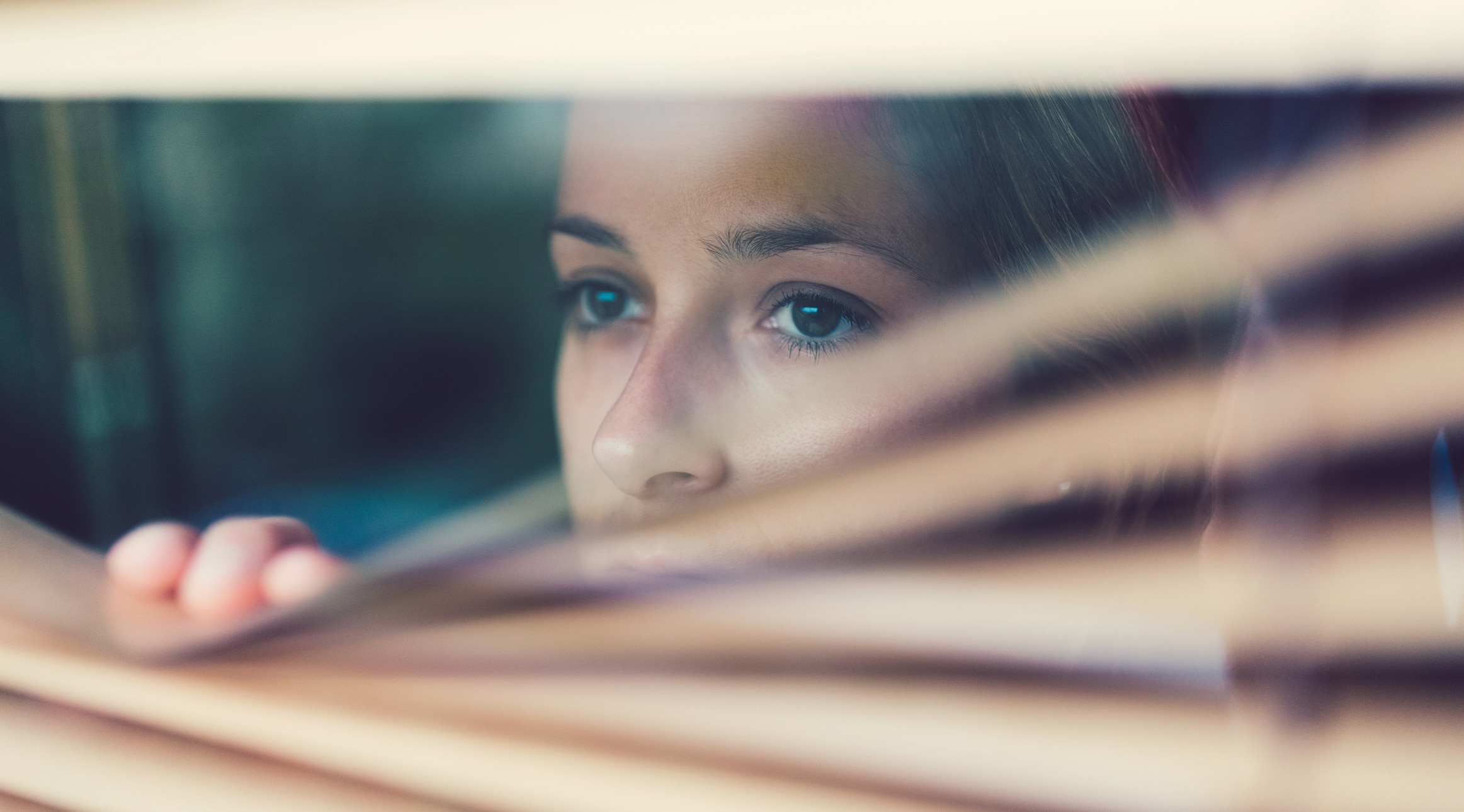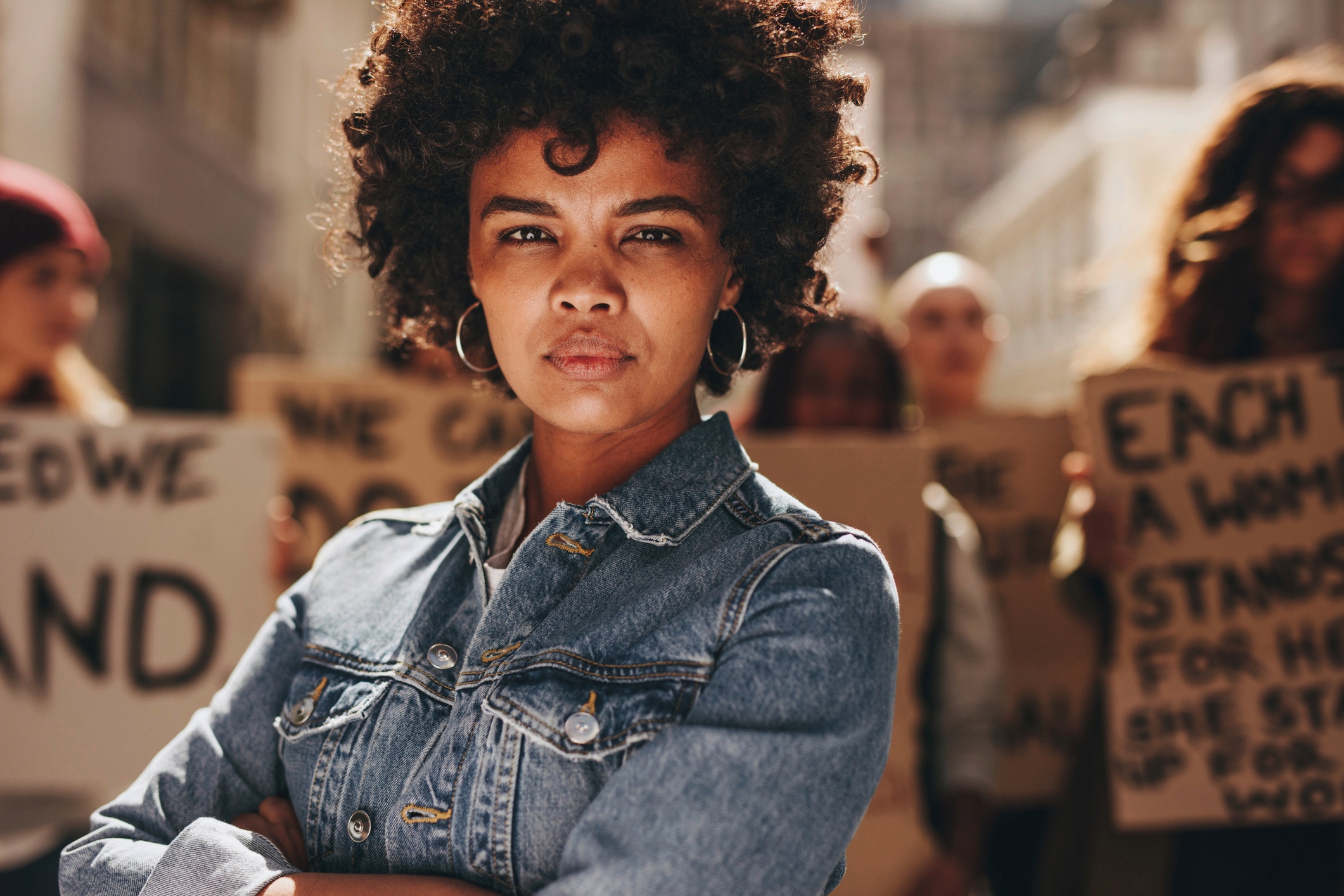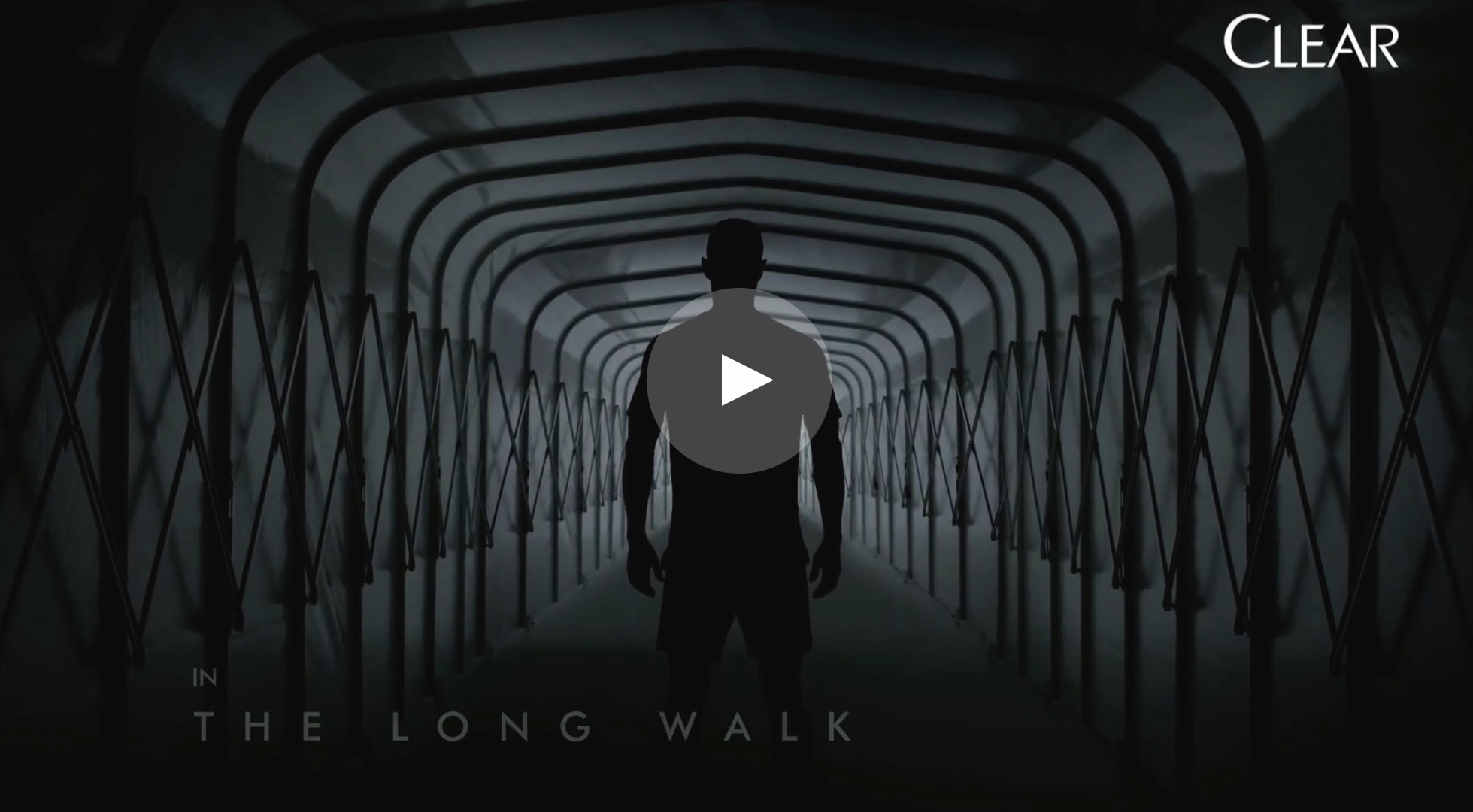
What is social anxiety and why is it a problem?
There is a name for that thing that keeps an individual from being themselves, from making friends, from speaking his mind, from showing up for their lives, from performing at their best. It’s called social anxiety. Simply put, the thought of ‘failing’ in front of others gets in the way of a person performing at, and realizing their full potential. Worse, the thought of being ‘judged’ can even freeze, and paralyze a person into hiding and seclusion.

But here’s something to ponder: whose thought?
“The thought of being judged…” “The thought of failing in front of others…”
Ever wonder who is doing all this doubting? Who else - but the person himself. It’s him. It’s her. It’s actually in all of us to talk ourselves down. Statistics reveal that 3% of women and 2% of men will experience severe forms of social anxiety while still in their youth, and that as many as 12% will experience a severe form of it at least once in their lifetime. (Asher, Asnaani, & Aderka, 2017)
“To understand social anxiety, one has to distinguish between a social anxiety disorder, which is the most severe form of the problem and debilitating in more than one area of a person’s life, and what is called “non-clinical” social anxiety which is far more common. More serious social anxiety has long-term negative consequences for young people so it’s important to recognize the early signs of the disorder and prevent even mild social anxiety before it gets worse,” said Michael Ungar, Director of the Resilience Research Centre at Dalhousie University and author of Change Your World: The Science of Resilience and the True Path to Success
But good news. There is something you can do to cope with social anxiety and not letting doubts stop you from performing: RESILIENCE – a learned ability, accessible to everyone, can help people cope with challenges and perform at their full potential. And Clear is committed to help you become more resilient, providing you with the right tools and guidance to help clear your mind from toxic, self-limiting thoughts and doubts.

CLEAR away social anxiety by learning resilience
The curveballs life throws at us are never-ending. We live in intense scrutiny and are exposed to 24/7 judgement – from others, and from ourselves. This is a fact that will never change. What can change is our reaction to life’s challenges and stressors, and how we cope with them.
And this - takes resilience.
Resilience is our ability to cope with challenges and bounce forward after a setback. But different from what you might think, resilience is not just about your individual ability to cope, but it is also about the resources you surround yourself with and knowing you can reach out to them to give you a boost.
“You can’t stop the waves, but you can learn how to surf”- Jon Kabat-Zinn, American Professor of Medicine.
This refers to your individual ruggedness - your own abilities and talents. However, it’s much easier to learn how to surf when you have a lifeguard, a coach and a surfboard – and this refers to the resources that can help you cope with challenges. Nobody can thrive without support – and that’s what Clear wants you to know: that to be resilient, you need to be a both rugged AND resourced, and we will help you get there.

THE CLEAR CURRICULUM:
The practice of resilience and keeping a clear head
CLEAR believes that we all have the potential to perform at our very best even under pressure, tackling social anxiety head on.
That’s why CLEAR teamed up with the world’s leading social scientist, Michael Ungar, co-director of the Resilience Research Center (RRC) at Dalhousie University, whose work is raising awareness of the growing issue of social anxiety and the need to shift our focus to equipping young people with the supports they need to achieve both ruggedness AND resourcefulness to be able to tackle life’s many challenges.
Clear is committed to drive a positive change both by addressing the global issue of social anxiety and working with the RRC to develop programs and resources designed to build resilience, so that young people around the world can better cope with social anxiety.

